Can I be a First Responder? The Skills and Traits You Need
/Being a first responder is not just a job—it’s a commitment to saving lives, helping others in crisis, and staying calm under pressure. Whether you’re considering a career in emergency medical services (EMS), firefighting, law enforcement, or emergency response, it’s essential to understand what it takes to succeed in this demanding yet rewarding field.
At Delta Emergency Support Training, we offer Standard First Aid (SFA), Advanced First Aid/Emergency Medical Responder (AFA/EMR), and Basic Life Support (BLS) training—all essential steps for those looking to enter the world of emergency response. But beyond training, what kind of person thrives in this role?
Let’s break down the qualities, skills, and career options available for first responders.
What is a First Responder?
A first responder is someone trained to provide immediate medical care and assistance at the scene of an emergency. This includes stabilizing patients, administering life-saving procedures, and preparing them for transport to a hospital.
Common First Responder Careers:
Emergency Medical Responder (EMR) – First on the scene in pre-hospital settings, providing basic medical care before paramedics arrive.
Paramedic – Performs advanced medical procedures, including airway management, IV therapy, and medication administration.
Firefighter – Responds to fires, medical emergencies, and rescues.
Police Officer – Handles emergency situations, often providing basic medical assistance until EMS arrives.
Search and Rescue (SAR) Team Member – Locates and rescues individuals in distress in urban, wilderness, and disaster settings.
Who is a Good Fit for a First Responder Role?
1. You Stay Calm Under Pressure
Emergencies are high-stress, high-intensity situations. A first responder must remain level-headed, focused, and decisive, even when dealing with serious injuries or life-threatening circumstances.
2. You Have Strong Problem-Solving Skills
Every emergency is different, and responders must think on their feet, making quick decisions that can mean the difference between life and death.
3. You Work Well in a Team
First responders don’t work alone—they are part of a highly coordinated team. Effective communication and collaboration are essential, whether you’re in an ambulance, a fire truck, or on a search-and-rescue mission.
4. You Are Physically and Mentally Resilient
The job can be physically demanding—lifting patients, performing CPR, and carrying heavy equipment. Mental resilience is just as important, as responders often witness traumatic and stressful situations.
5. You Have a Strong Sense of Duty and Compassion
First responders are driven by a desire to help others. Whether treating an injured patient, rescuing someone from danger, or providing reassurance in a crisis, compassion and empathy are at the core of what they do.
6. You Have Strong Communication Skills
First responders must be able to quickly and clearly communicate with team members, medical professionals, and those in distress. Good listening skills and the ability to give clear instructions can make all the difference in an emergency.
7. You Are Adaptable and Quick to Learn
The field of emergency response is always evolving, and first responders must stay up to date with the latest protocols, medical advancements, and response techniques. That’s why continuous training and recertifications are crucial.
8. You Can Handle High-Stakes Situations
The reality of emergency response work is that lives are at stake. A first responder must be able to handle pressure, process information quickly, and take decisive action—even when situations are unpredictable.
Training and Certifications Required
At Delta Emergency Support Training, we offer a clear pathway for those looking to become first responders. Here’s what you’ll need:
1. Standard First Aid (SFA) + CPR/AED Level C
The foundational certification for emergency response.
Covers CPR, choking response, bleeding control, and medical emergencies.
A prerequisite for Advanced First Aid/Emergency Medical Responder (AFA/EMR).
2. Advanced First Aid (AFA) / Emergency Medical Responder (EMR)
AFA and EMR provide more in-depth training than Standard First Aid.
Covers oxygen therapy, airway management, patient assessment, spinal immobilization, and emergency scene management.
Required for many workplace first responders and those entering EMS or firefighting.
3. Basic Life Support (BLS)
Essential for healthcare providers and first responders.
Focuses on high-performance CPR, airway management, and resuscitation techniques.
Conclusion
A career as a first responder is challenging but deeply rewarding. It requires courage, resilience, teamwork, and a strong desire to help others. If you’re ready to take the first step, start with Standard First Aid (SFA) and CPR/AED Level C, then progress through AFA/EMR and BLS.
At Delta Emergency Support Training, we provide all of these courses and recertifications, ensuring you’re well-prepared for this critical role.
🚑 Are you ready to answer the call? Get trained, get certified, and start your journey as a first responder today!



